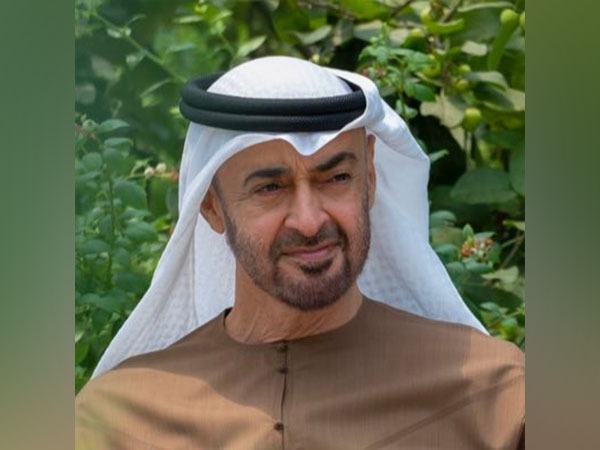BNP criticises Bangladesh interim govt for not announcing date for elections
Oct 20, 2024

Dhaka [Bangladesh], October 21 : The Senior Joint Secretary General of Bangladesh's one of the largest political parties, Bangladesh Nationalist Party, criticized the interim government for not announcing a date for the election, Dhaka Tribune reported.
Senior Joint Secretary General Ruhul Kabir Rizvi said that the government is steering the country towards a deadlock by not announcing a date for elections.
Rizvi criticised the interim government for talking about reforms without a definite date for their completion, Dhaka Tribune reported.
Addressing a rally in Bera upazila of Pabna, Rizvi said: "You are talking about reforms under the interim government, but each of you provides a different statement on when elections will be held. You are not giving a definitive date for when your reforms will be complete."
As per Dhaka tribune, he further added: "People will have questions about you. We urge you to undertake the necessary reforms and promptly arrange elections."
On Saturday, an advisor to the interim government said that Bangladesh's next general election is likely to be held in 2025.
"Elections may be possible within the next year, but there are many factors involved. Reforms and political compromises are said to lead to elections. The other factors are formation of a search committee and election commission, preparation of voter list etc. If these factors could be fulfilled, the election may be held next year", Dr. Asif Nazrul, an adviser to the interim government, said in a statement.
"This is also my initial guess", he added.
Bangladesh is facing a fluid political situation with Sheikh Hasina, tendering her resignation from her post on August 5 of this year in the wake of mounting protests.
The protests, led majorly by students demanding an end to a quota system for government jobs, took the shape of anti-government protests.
Notably, Bangladesh witnessed Sheikh Hasina's ouster amid students' protests turned into a massive anti-government movement, followed by the establishment of an interim government.
During this turbulent period, several incidents of violence and chaos, particularly targeting minorities, including Hindus, have been reported from Bangladesh. The weeks of protests and clashes saw the death of over 600 people.
On August 8, Nobel laureate economist Muhammad Yunus was sworn in as the head of Bangladesh's interim government. The interim government expanded the powers of military to ensure the internal security of the country.


















